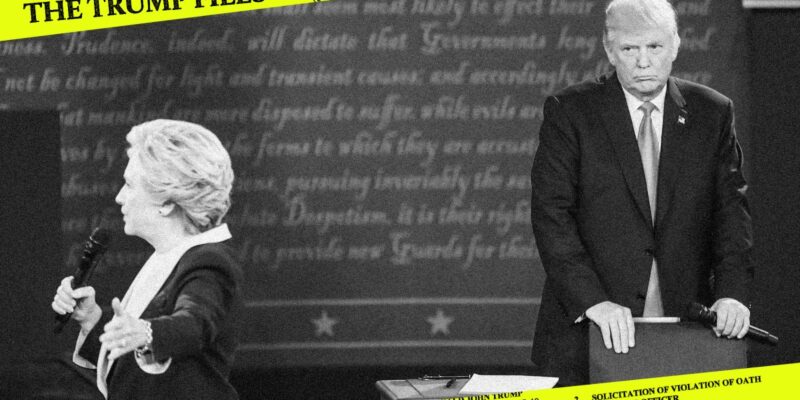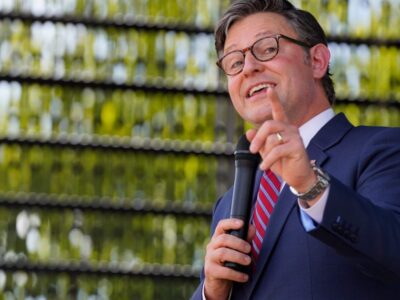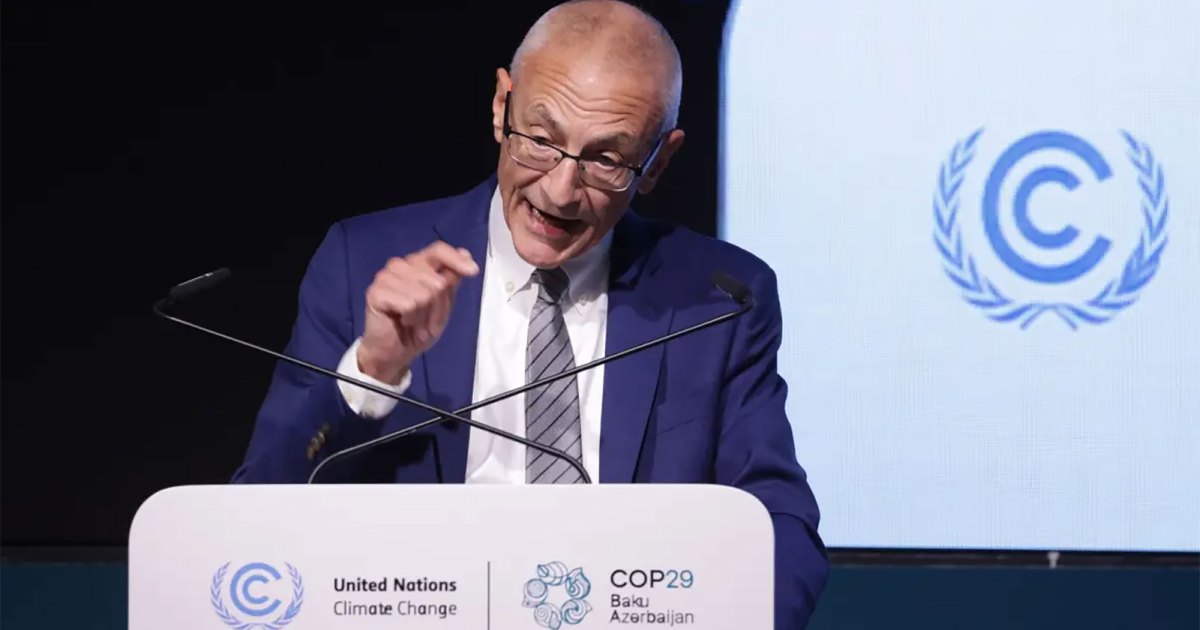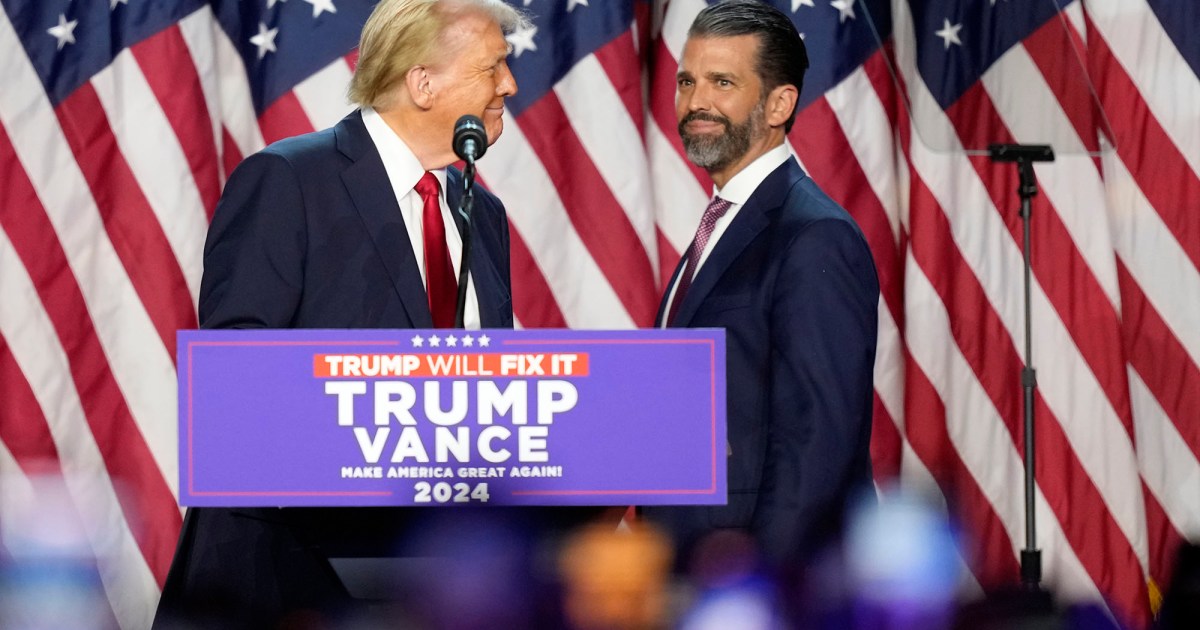
As Donald Trump campaigns to be a dictator for one day, he’s asking: “Are you better off now than you were when I was president?” Great question! To help answer it, our Trump Files series is delving into consequential events from the 45th president’s time in office that Americans might have forgotten—or wish they had.
Donald Trump has said that if he is elected president again, he will use the Justice Department to prosecute political enemies. We should believe him, because he attempted to do just that in his first term, with some success. And he will be better prepared to execute his plans if he returns to the White House.
NPR recently tallied more than 100 times Trump called for the prosecution or jailing of his perceived foes. His stated targets include Kamala Harris, Joe Biden and his family, Barack Obama, Hillary Clinton, Nancy Pelosi, Liz Cheney, Adam Schiff, James Comey, Bill Barr, John Kelly, Mark Zuckerberg, federal prosecutors, election officials, journalists, and pro-Palestinian protestors. He reportedly wanted retired military officers who criticized him, Admiral William McRaven and General Stanley McChrystal, called back to active duty so they could be court-martialed. He suggested that Mark Milley, who previously served as Trump’s chairman of the Joint Chiefs of Staff, deserved to be executed.

The frequency of those threats makes them seem silly. Trump probably isn’t going to sic prosecutors on all those prominent people. But his record suggests he is serious about using the power of his office against many critics. Contrary to the claims of defenders like J.D. Vance—who said recently that Trump “didn’t go after his political opponents” while in office—Trump made sustained public and private efforts while in the White House to order up probes into critics and political opponents. Trump succeeded in numerous cases in having foes investigated, media reports and accounts of former aides show.
Lock Her Up
After calling for Hillary Clinton’s prosecution on the campaign trail, Trump, despite briefly disavowing the idea, pushed throughout his presidency for Clinton’s prosecution. This campaign came in public tweets and private pressure on aides, and was mounted alongside his anger over investigations into his campaign’s contacts with Russian agents in 2016. Trump pressured all three of his attorneys general to open or advance investigations targeting Clinton. They partly resisted but substantially complied.
Many people recall Trump’s fury at Attorney General Jeff Sessions for recusing himself from matters to the 2016 election—which led the appointment of special counsel Robert Mueller. But despite that pledge, Sessions partly appeased Trump by instructing the US attorney for Utah, John Huber, to reexamine Clinton’s use of a private email server and allegations about the Clinton Foundation. Sessions’ order came amid Trump’s repeated public calls for him to look into Clinton’s “crimes.” After firing Sessions in 2020, Trump privately urged acting Attorney General Matthew Whitaker to push Huber to be more aggressive, the Washington Post reported. When Huber’s investigation ended in 2020 without finding wrongdoing by Clinton, Trump publicly attacked the prosecutor as a “garbage disposal.”
But by then, Trump’s third AG, Bill Barr, had appointed John Durham, the Connecticut US attorney, to launch an investigation into the origins of the FBI’s Trump-Russia investigation. Barr named Durham on heels of misrepresenting Mueller’s report, which found that the Trump campaign “expected to benefit” from secret Russian help in 2016. The Durham appointment also came after reports that Trump and his advisers were seeking revenge against his investigators.
Durham’s effort floundered legally, with the acquittal of two of the three men charged with crimes related to the investigation. But the probe, which lasted four years, fared better as an exercise in arming Trump with talking points. Durham appeared to consider that part of his job, though he has publicly disputed that. When the Justice Department’s inspector general in 2019 issued a report that found no evidence the FBI’s Trump investigation was politically motivated, Durham, in consultation with Barr, issued a strange statement disagreeing, without offering any evidence for why.
Durham decided to charge Michael Sussmann, a lawyer who worked for Democrats in 2016, with lying to the FBI, despite evidence so thin two prosecutors quit in connection with the charge. Sussmann was acquitted in 2022, but through filings in the case, Durham publicly aired allegations about Clinton campaign efforts to advance the Russia story, details that did not appear necessary to his case. Right-wing news outlets in February 2022 jumped one such-Durham motion to falsely report the Clinton’s campaign had spied on Trump White House servers. In his final report in 2023, Durham extensively cited material he acknowledged was dubious possible Russian disinformation in an effort to suggest Clinton had helped drive the FBI probe into Trump.
FBI
After firing James Comey as FBI director in 2017, which resulted in Mueller’s appointment, Trump pressed for the Justice Department to prosecute Comey for mishandling sensitive government information by allegedly orchestrating leaks that were damaging to Trump. According to the New York Times, this pressure led to “two investigations of leaks potentially involving” Comey. The DOJ declined to charge Comey.
Other former FBI officials who drew Trump’s ire—former deputy FBI director Andrew McCabe, and Peter Strzok, originally the lead FBI agent on the Russia investigation—faced DOJ probes after Trump railed against them. Sessions fired McCabe the day before his 2018 retirement, in what appeared to be a deliberate act to deny him a pension and benefits. Prosecutors in 2019 tried to charge McCabe for allegedly lying to FBI officials about media contacts, but in an unusual move that suggests a weak case, a grand jury declined to return an indictment.
John Kerry
In a March 2019 press conference, Trump said former Secretary of State John Kerry, who negotiated the 2015 deal freezing Iran’s nuclear weapons development, could be prosecuted for violating the Logan Act, a 1799 law barring private US citizens from negotiating with foreign governments in disputes with the United States. Trump was irked at Kerry’s ongoing contacts with Iranian officials and by past threats by Mueller’s team to charge former national security adviser Michael Flynn with violating the act. Trump told reporters that Kerry should be charged, but “my people don’t want to do anything,” adding, “Only the Democrats do that kind of stuff.
False. Trump’s public and private efforts had by then already secured DOJ scrutiny of Kerry. Former Trump national security adviser John Bolton told the Times he’d witnessed Trump demand Kerry’s prosecution “on at least a half dozen occasions” in 2018 and 2019. Trump also made the case in tweets and public statements. Days after one of Trump’s tweets, in May 2018, a top DOJ official had told prosecutors in Manhattan to investigate Kerry’s contacts with Iranians, according to the Times. Geoffrey Berman, at the time the US attorney in Manhattan, wrote in a 2022 book that the Kerry probe appeared to result from Trump’s edict. “No one needed to talk with Trump to know what he wanted,” Berman wrote. “You could read his tweets.”
Trump succeeded in sparking investigations into his critics and political foes by continually pressing subordinates to deliver actual prosecutions, as former aides like Kelly, Bolton and White House counsel Don McGahn have revealed. In some cases, the resulting probes appear to have been solutions settled on by officials attempting to manage Trump’s pressure with partial measures.
But in a new term, Trump will surely be more aggressive and even less restrained, as his public threats make clear. The Supreme Court’s July declaration that the president has absolute immunity from prosecution for many types of official conduct will leave him with few worries about facing legal consequences for his own actions. And the aides who partly restrained him before will be gone, replaced by more sycophantic enablers.
As Trump pledges to pervert presidential power to prosecute critics, Americans have to take him at this word. If he wins, who is going to stop him?















